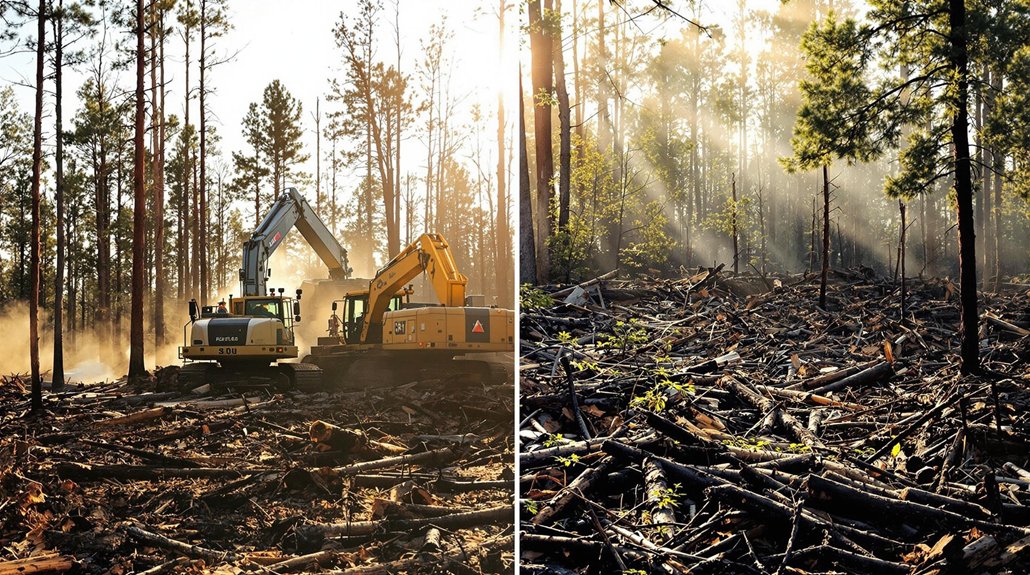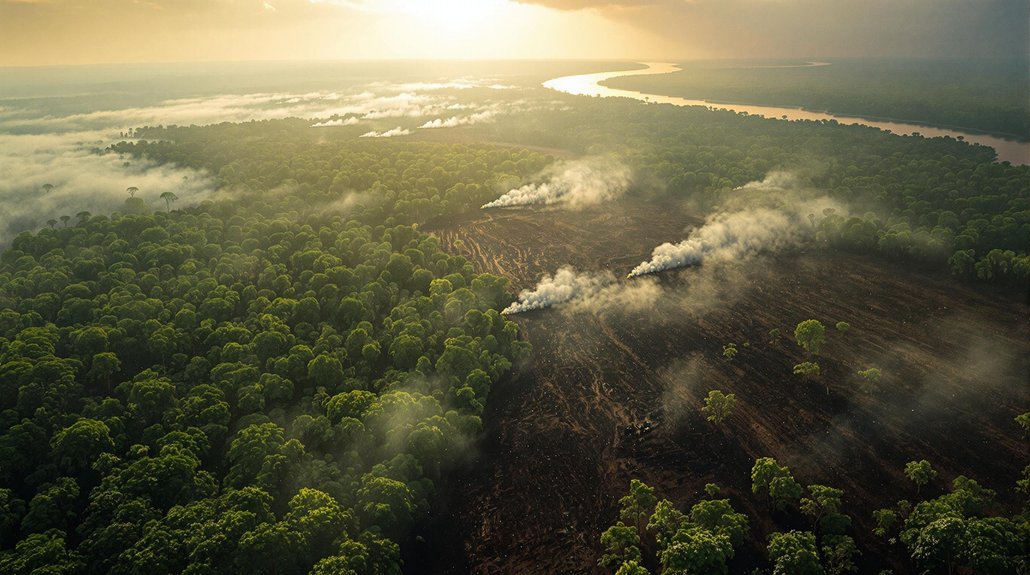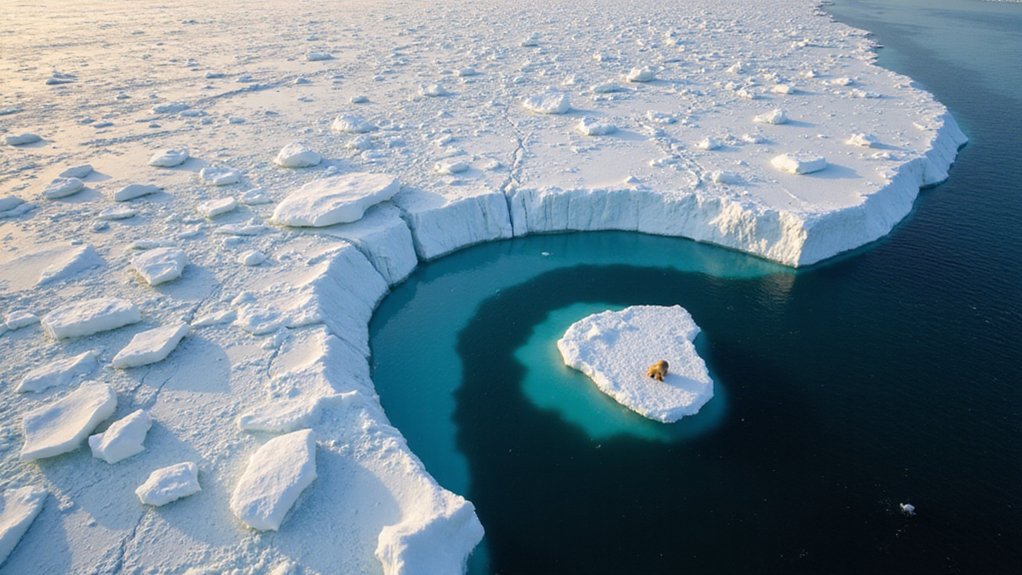After Hurricane Helene devastated forests across the Southeast, local officials face tough choices about downed trees. Salvage logging could reduce wildfire risk and bring economic relief to hard-hit communities. However, environmental groups warn that rushed timber removal might damage recovering ecosystems and wildlife habitats. “We’re walking a tightrope between safety and conservation,” says forestry expert Dr. James Wilson. The decisions made in coming weeks will shape these forests for generations.
While Hurricane Helene devastated nearly 800,000 acres of forests across the Southeast, debate continues over the best approach to handling the aftermath. The storm left 187,000 acres damaged in national forests alone, creating conditions ripe for wildfires. These downed trees act as dry fuel that could feed intense blazes if left unmanaged.
Salvage logging operations have begun in many affected areas. This specialized process targets damaged trees using equipment designed to handle broken, leaning, or uprooted timber safely. Workers must move quickly to harvest logs before they degrade or become infested with insects. Many operators use wet storage methods to preserve timber quality for months after collection. With climate change establishing a year-round fire season in the South due to rising temperatures, the urgency of these operations has increased significantly.
The economic benefits of salvage logging are considerable. These operations support local economies by providing materials to mills and stabilizing timber prices in regions like Georgia and North Carolina. Landowners can recover some financial losses when fallen trees are harvested and sold. The urgent nature of the work has created temporary job increases in logging and processing sectors. In Buncombe County alone, an estimated $19.3 million in timber was lost to the storm’s powerful winds.
Fire prevention stands as a major reason for removing fallen trees. Clearing this material creates fuel breaks that can slow wildfire spread. Without management, the accumulated debris considerably raises fire dangers over time. Some harvested materials can be redirected for erosion control and wildlife habitat. North Carolina’s recent state of emergency due to increased fire activity underscores the urgency of addressing these risks.
However, many ecologists express concerns about salvage logging’s environmental impacts. They argue it disrupts natural forest regeneration and wildlife habitat recovery. The heavy equipment can compact soil, increase erosion, and potentially contaminate nearby water sources. Critics also point to limited public input in fast-tracked post-disaster logging decisions.
The debate often centers on competing priorities. Forest managers focus on hazard reduction and economic recovery, while environmental advocates emphasize the importance of natural regeneration processes.
As communities continue recovery efforts, they’re balancing immediate safety concerns with long-term forest health considerations in this complex post-hurricane landscape.









